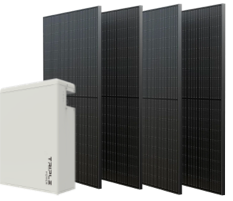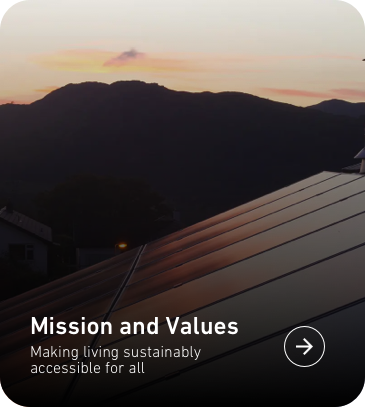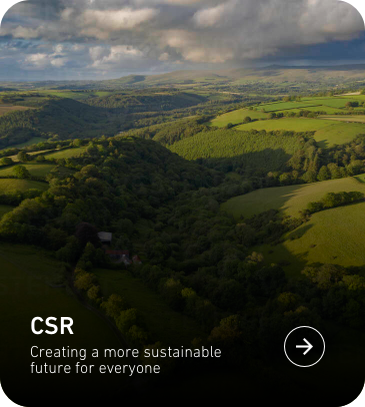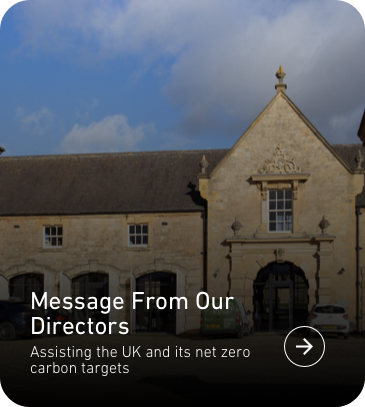ECO4 Update – BEIS Consultation Response – 5th April 2022 Update
On Friday 1st April 2022 BEIS released their response to the ECO4 Consultation. We have reviewed this against the communication we issued in February and have amended or added below where necessary.
Having learnt that the next variation of the Energy Company Obligation scheme (ECO4) is to be delayed, with an agreed transition period, we are happy to share more details about what the scheme may look like.
ECO4 will not start until at least 1st July 2022, with a three-month interim period from 1st April to 30th June. You can find out more about the transition in our blog from last week.
The scheme has been changed quite drastically for ECO4 with the aim of encouraging a whole house retrofit approach. As a result, the scoring for ECO4 measures has been changed to fall in line with this approach.
ECO4 is based on meeting the Minimum Requirement (MR). To do this, you must improve a property’s SAP score sufficiently to increase the EPC Band from F or G to an E or from D or E to a C. On our sampling, using the draft consultation scores, this can only be achieved by a multi-measure approach.
BEIS have also caveated that any properties with a starting EPC Band of D must have insulation measures installed alongside any heating measure installed. Again, further cementing their approach to a multi-measure scoring mechanism. Additionally, the savings will be changed from Lifetime Bill Savings (LTS or LBS) to Annual Bill Savings (ABS).
The scoring is split into two categories:
- Partial Project Scores (PPS) – These are scores associated to individual measures as they are installed and notified. As multiple measures may take several months to complete, then BEIS have understood there is a need to recognise measures that make up the Project as they are installed and notified. These scores have been confirmed as being deflated by 20% which is a lot lower than the expected 30%-40% in the original consultation. There will also be a cap on the amount of partial project scores within each supplier’s obligation.
- Full Project Scores (FPS) – These are scores associated once a Full Project is notified. A full project is one where the Minimum Requirement has been achieved. This score overrides the Partial Project Score. The decision on how to determine that a full project has been achieved is still to be decided and formed part of Ofgem’s Scoring Consultation Part 1 and Part 2. Ofgem’s preference is to complete a post install SAP report to determine whether the property has achieved the Minimum Requirement, but their alternative approach is to use a deemed score approach, whereby the incremental improvements achieved by each Partial Project score, would convert into a deemed Full Project Score. We expect the outcome of Ofgem’s decision in due course now the BEIS consultation has been released. BEIS have detailed that they support the deemed score approach rather than bespoke SAP calculations unless installing a District Heating System.
Key Updates:
- £1bn spend expected per Annum.
- Obligation Period: Apr 2022 – Mar 2026 – Unlikely to start with ECO4 delivery until Jul/Aug 2022 so an Interim ECO3 scheme will bridge the gap.
- Delivery across England and Wales & Scotland.
- Scoring based on the Annual Bill Savings of each energy efficiency measure.
- Score Uplift introduced for installs in Rural areas across Scotland and Wales where the property is Off-Gas at 35%
- Scores are based on delivering multiple measures (Project) at a property to reach the Minimum Requirement. Moving EPC Band F or G to Band D / Band D or E to Band C. Scores split between Partial Project scores (20%- deflated) and Full Project Scores.
- Minimum of 90,000 SWI measures across the scheme
- 50% LA Flex allowed with 4 different routes:
- Household Income (Cap £31k)
- Proxy Targeting – Must be Band E,F or G and meet 2 or more of the qualifying options
- NHS Referral – Respiratory, Cardiovascular, Limited Mobility, Immune Suppressed Conditions
- Bespoke targeting – LA/Supplier led proposals
- Help To Heat Group eligible benefits reduced but expected to reach a bigger proportion of vulnerable customers. All non means tested benefits have been removed and the addition of Housing Benefit and Pension Credit Savings Credit to widen the eligibility pool. Also, child benefit income thresholds have been updated:
- Single 1) £19,900 – 2) £24,800 – 3) £29,600 – 4) £34,500
- Couple 1) £27,500 – 2) 32,300 – 3) £37,200 – 4) £42,000
- Households in receipt of Warm Homes Discount Rebates are also eligible for ECO4
- First Time Central Heating (FTCH) only eligible in properties currently connected to mains gas – connections made prior to 1st April 2022. No new gas connections allowed. Band D properties will be required to follow the ECO3 pre-conditions.
- Broken Heating (Efficient Boilers & ESH) – capped at 5,000 per year
- Inefficient Heating Upgrade Not Capped – Heating Minimum Insulation Pre-Conditions:
a. Band D (excpt. FTCH) must have either Flat Roof, Pitched Roof, Room In Roof, Cavity Wall, Solid Wall, Park Home or Floor Insulation installed.
b. Band E,F or G any heating measure and Band D receiving FTCH must meet current ECO3 wall and roof insulation pre condition requirements. - New ESH Installs must be at a responsiveness rating of 0.8 or above
a. Only in properties currently heated electrically, and;
b. Where it is not practicable to install.
i. Hydronic heat pump
ii. Solid biomass heating system
iii. District heating system - AW in-fill rules would still require a 3:1 ratio, except for Flats which can benefit from a 1:1 ratio as well as also being allowed to have CWI installed. Additional requirements in line with ECO4 mean that properties must be Band D-G or, in Social Housing, E-G. Houses must now share the same street address to qualify. Eligible in-fill properties would not need to meet the minimum requirement rule.
- Privately Rented Sector – Only Bands E, F or G eligible with a minimum equivalent of 150,000 homes across the scheme. Measure package as part of the project must include at least one of (No Boiler Replacements Allowed):
- Insulation
- FTCH
- Renewable Heating
- DHS
- Social Housing – EPC Band E,F or G only eligible and restrictions on measures. Minimum requirements will apply.
- Time period for project completion – 3 Months from the 1st measure install.
Should you have any questions in relation to this please get in contact and we will be more than happy to discuss what we know. Your dedicated Business Development Manager will be ready to answer any questions.
Send us a message and we will get straight back to you.

















